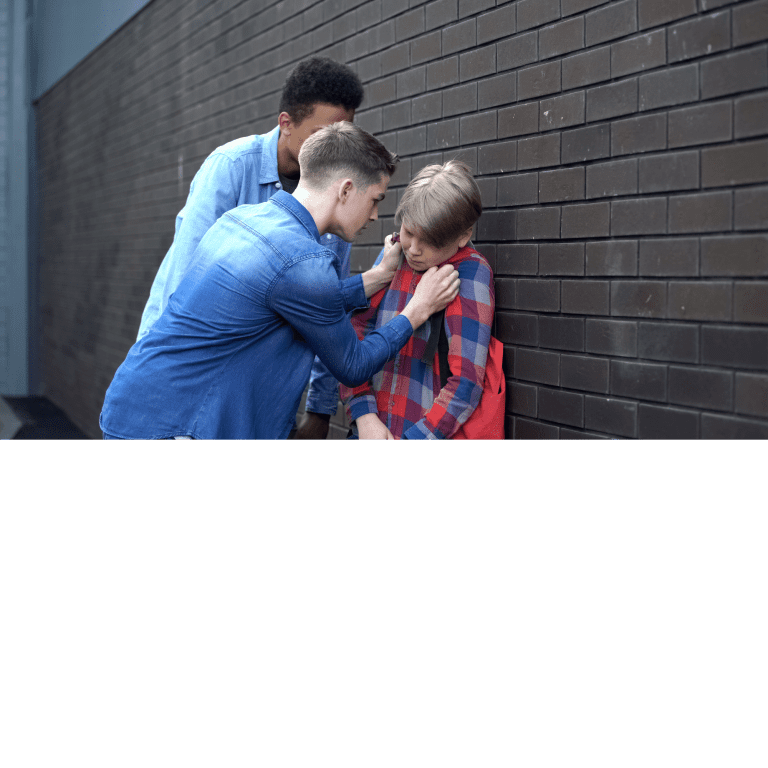Cruelty is behavior or attitudes causing harm to others. It manifests in various forms, including violence, verbal abuse, or non-violent actions. Understanding the complexity of cruelty involves exploring motives, intentions, and the opportunity for such behavior.
Empowering Treatment Reflecting on Behavior: Guided meditation helps individuals think about how their actions affect others and become more aware. Empathy Development: Meditation can help victims of cruelty heal and develop empathy by helping them understand why people are cruel. How is Cruelty Inflicted? Cruelty can be intentional or unintentional, often driven by a culture of enjoyment in inflicting pain. It extends beyond violence to include verbal and non-violent acts. Sometimes, individuals may unknowingly inflict cruelty with seemingly good intentions. This highlights the nuanced nature of such behavior. Preventing Cruelty Preventing cruelty begins with self-analysis. It also requires a willingness to understand the potential impact of words and actions. While the collective effort is essential, individual introspection serves as the foundation for fostering a positive and empathetic society. Addressing the Root Causes Understanding why cruelty occurs requires delving into our own motivations. Addressing the underlying issues contributes to negative behaviors. By questioning our actions and motives, we can contribute to the collective effort to reduce cruelty. A Call for Positive Change To stop cruelty, we must each make a commitment. We can do this by thinking about why cruelty happens and looking for better ways to act. This can help more people feel empathy and kindness. It’s important to understand that cruelty is pointless. This will help us have better relationships with others. In summary, guided meditation helps us reflect and develop empathy, which contributes to preventing cruelty. By addressing the root causes within ourselves and promoting positivity, we can create a more compassionate and understanding society.
Guided Meditation

